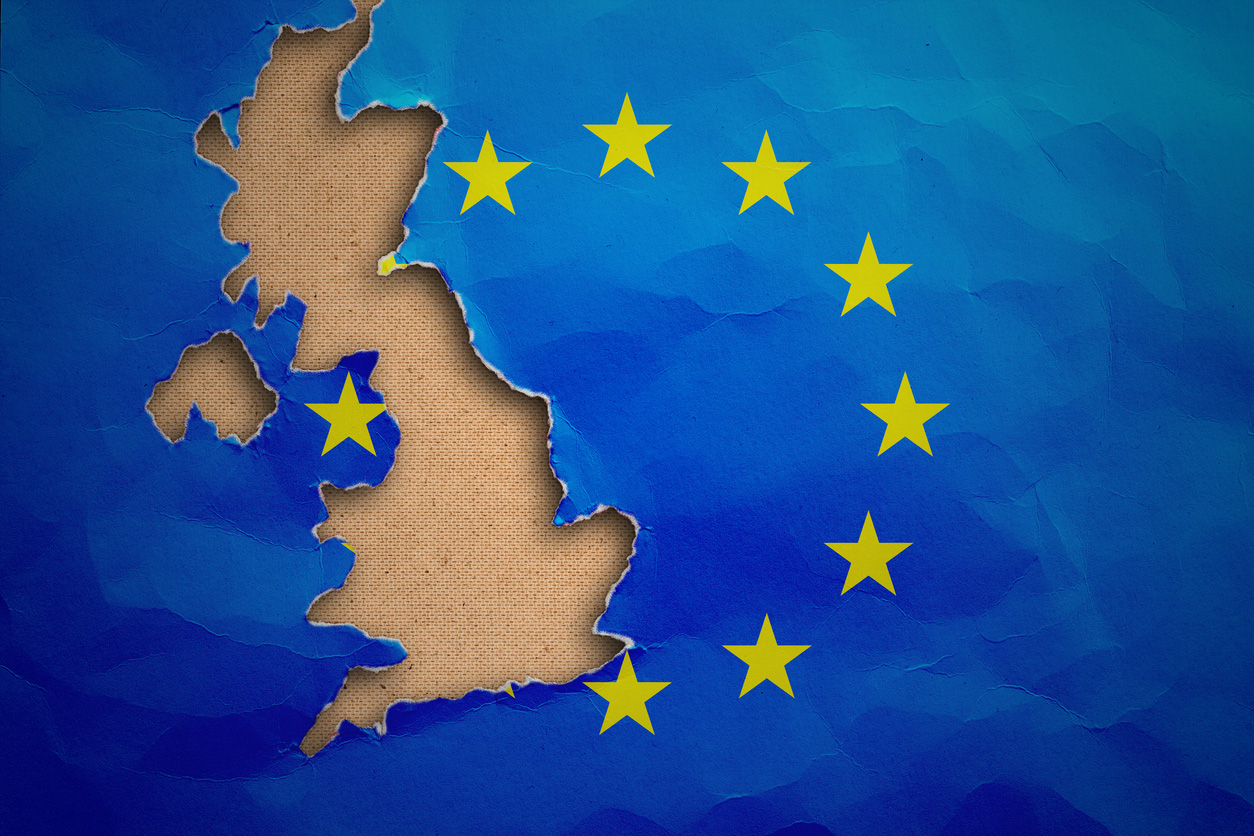Immigration is the Brexit bogeyman, and it’s hurting pharma already

The UK pharma and biotech sectors are warning that a Hard Brexit will hit patients, R&D and the country's ability to attract the best global talent.
This week has seen the chances of the UK exiting the European Union without a trade deal increase.
For most people in the UK, and certainly the pharma and biotech sector, this is most definitely the worst case scenario; sector leaders are warning that it could result in Europe’s medicines supply chain grinding to a halt, and cause drug shortages in the UK and Europe.
The stalemate is also likely to force the sector to disinvest in Britain in favour of the EU, even before Brexit arrives on 30 March 2019. This will be done in order to ensure a seamless European supply chain and regulatory status within the European Medicines Agency jurisdiction.
As I reported last week, there is already evidence of this flight from the UK in the medical devices sector, and pharma leaders are hoping these alarming signs might help hasten a deal between the UK and the EU27.
However these shouts appear to be falling on deaf ears – alongside warnings from other similarly affected sectors such as finance, aerospace and shipping - because the ‘divorce proceedings’ are getting bogged down on the question of money.
After five rounds of negotiations, the EU is standing firm: there can be no deal on a transition period or future trade relations until Britain’s financial commitments have been settled.
This impasse is making the UK’s pharma and biotech associations the ABPI and BIA very wary. Discussing the options available to the sector at last week’s BIA Bioscience Forum conference, leaders said time was running out.
“We’re starting to plan for the worst-case scenario,” Alan Morrison, vice president of international regulatory affairs at Merck & Co, told the conference.
The BIA’s chief executive Steve Bates said it was hard to advise his biotech members.
[caption id="attachment_20555" align="alignnone" width="288"] BIA chief executive Steve Bates[/caption]
BIA chief executive Steve Bates[/caption]
“You can buy certainty by planning for a Hard Brexit, but then you have a very big task in front of you. Or you can wait and see if a deal will be done,” he said, but added that either option would be a drain on time and money.
Bates said the sector’s big win so far was in getting the UK government to adopt the life sciences sector’s position on regulation, which is as close-as-possible alignment with the EMA.
The BIA is tackling the immense and complex challenge by breaking it down into four distinct themes: Regulation, Trade, Talent and Research Collaboration.
However while there is satisfaction that the message has got through on regulation, the sector is deeply concerned about the question of future migration rights, and the impact on access to global talent.
The bad news is that while government departments are communicating on trade and regulation, Whitehall had pulled up the drawbridge on the question of migration.
[caption id="attachment_21186" align="alignnone" width="141"] Dr Virginia Acha[/caption]
Dr Virginia Acha[/caption]
"They are remarkably quiet and reluctant to talk,” says the ABPI’s executive director, research, medical and innovation, Ginny Acha. “But the biggest mistake is saying nothing. They don’t come out and tell us what they’re thinking.”
Laura Collister, the BIA’s Brexit lead added: “Movement of people is much more in the gift of the UK government. They have been very inward looking and quiet on this issue.”
The reason for this silence is clear: Conservative politicians believe immigration is the biggest issue for voters, and the one which tipped the country toward Brexit.
Prime Minister Theresa May has staked her reputation and that of her government on delivering a Brexit which will reduce inward migration - this is even though there is plenty of evidence that high immigration has boosted the UK economy.
The current high level of immigration is also co-existing with record levels of employment, with numerous studies showing that neither has it suppressed wages - undermining any claims that incomers are taking jobs away from British citizens.
For pharma and biotech, the ‘war for talent’ is very real, and any new barriers to highly skilled scientists or business leaders will harm UK pharma.
“Migration and movement of people needs to be part on an economic strategy. It is people who are the innovators and who will give you the innovation economy,” added Laura Collister.
May says EU citizens can stay
This anxiety was eased today with Number 10 announcing that all 3 million EU citizens currently living in the UK can stay, regardless of whether a deal is struck or not.
The Prime Minister was due to comment today on the issue, looking to allay fears about a future migration policy.
“I know there is real anxiety about how the agreement will be implemented. People are concerned that the process will be complicated and bureaucratic, and will put up hurdles that are difficult to overcome. I want to provide reassurance here too,” she was planned to say.
Whether this message will get through, though, is another matter. Major pharma companies say that uncertainty about Brexit – and the general impression of no longer being welcome – is already deterring some EU citizens from joining UK-based operations.
The picture is even more worrying for that other vital part of the UK health ecosystem, the NHS. In June, new figures showed that EU nurses applying for work in the UK plummeted by 96%.
Also speaking at the event was David Boyd, Director European Government Affairs, AstraZeneca. He says AstraZeneca has 480 EU citizen employees working in the UK, and 100 UK citizens in the rest of the EU, and there is ‘a lot of anxiety’ about future migration rules and residency rights.
“We are starting to see through our recruitment processes candidates saying that unless they know their spouse can move here too, they won’t come themselves. It is happening.”
Steve Bates concluded that whatever the new migration arrangements would be, he predicted that red tape around hiring from the EU would inevitably increase.
Home secretary Amber Rudd commissioned the Migration Advisory Committee to open a consultation on EU migrants in July – and many academic science groups hope this will provide rational, evidence-based arguments in favour of more open borders.
Despite these huge challenges, the sector leaders are remaining stoic, and want to avoid a Jeremiad of Brexit doom. Steve Bates said the sector should remember that the UK fundamentals of a strong science base remained strong regardless of Brexit.
David Boyd also dismissed the idea that AZ would have second thoughts about having its HQ in Cambridge in England, saying the city would remain a ‘congregation of brain power’ and a great life sciences ecosystem.
Nevertheless, the lack of clarity and fast-diminishing time to plan for Brexit is clearly exasperating sector leaders.
Steve Bates said he feared that ‘political instability’ in the UK would impede progress on practical planning for Brexit day, 30 March 2019, and beyond.
There’s no question that Theresa May’s shaky grasp on power in a Conservative party split down the middle by Brexit is indeed a major handicap; and the chances of a Brexit change of heart among politicians or the public (as urged by the OECD this week) still looks remote.
Bates said the BIA would now switch away from a focus on lobbying the government towards organising and planning across the industry – bracing for a looming Hard Brexit.











